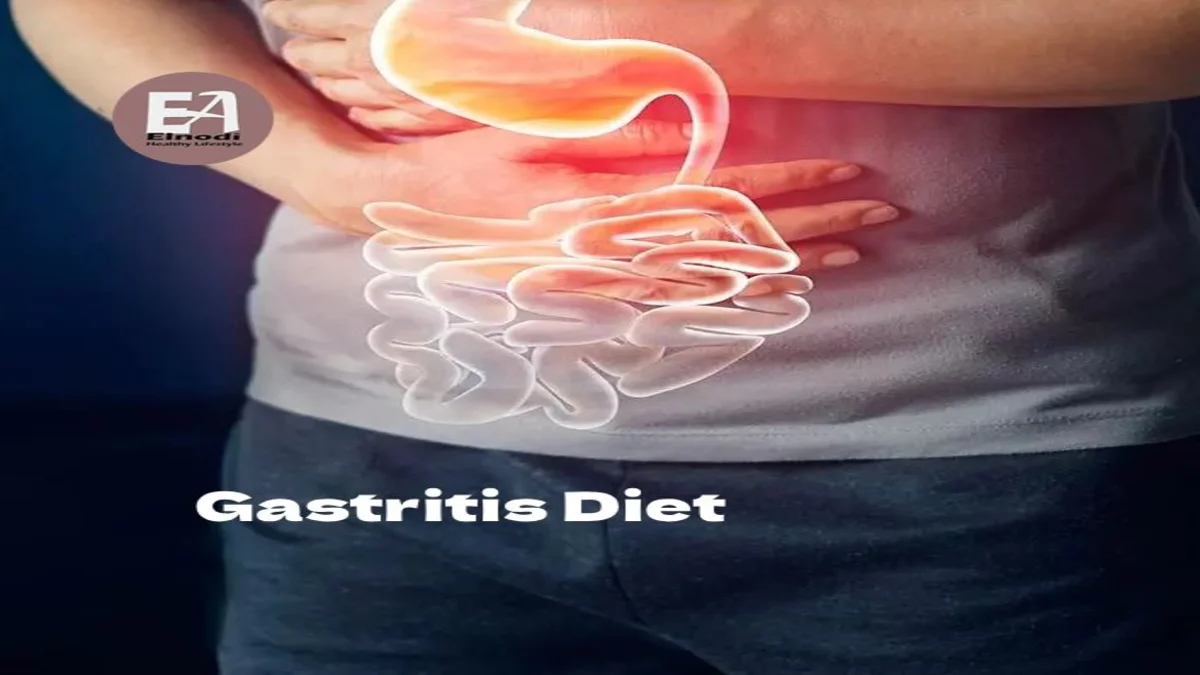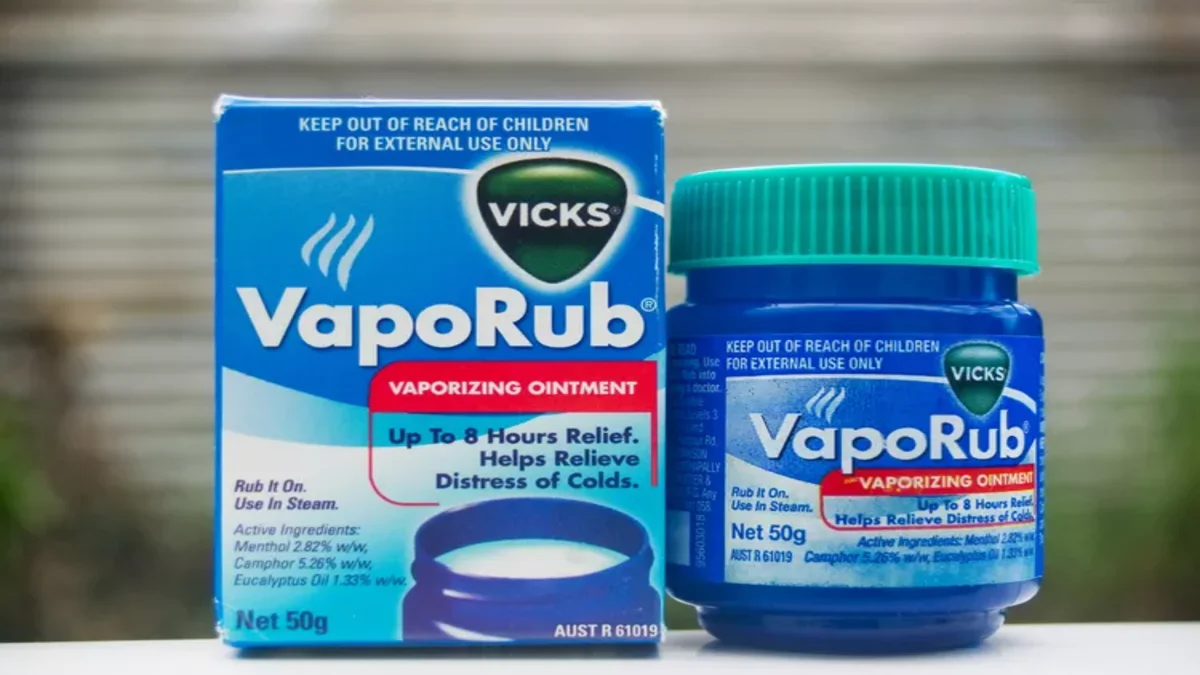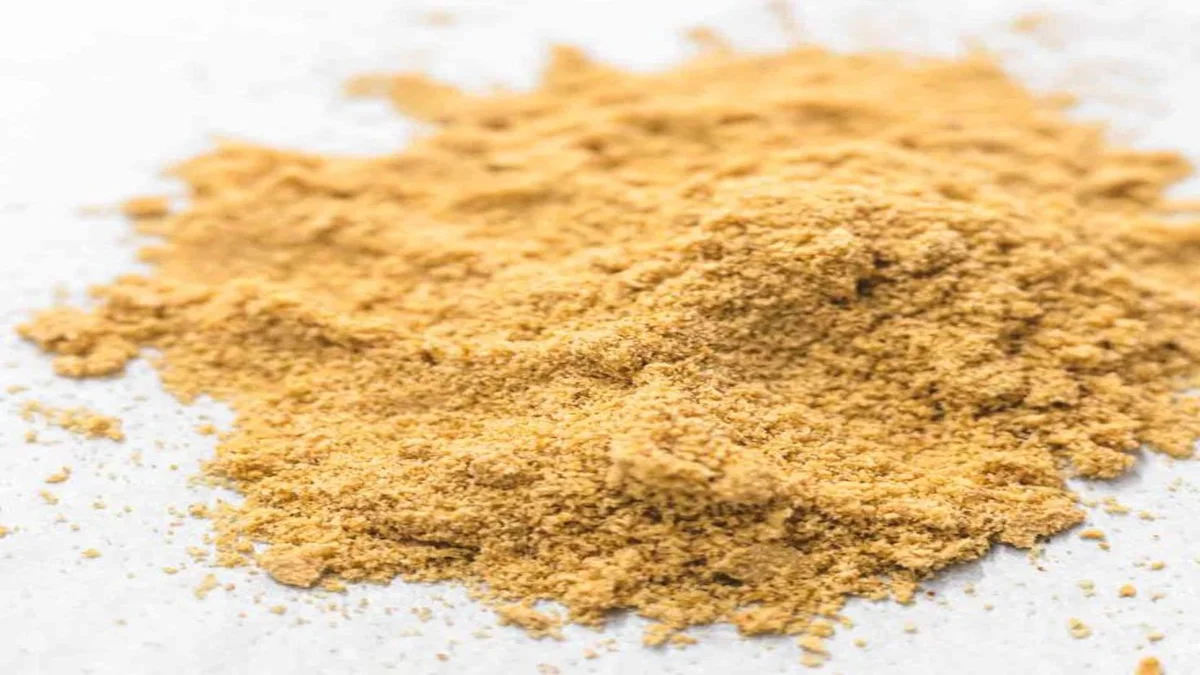We will go over every detail of a gastritis diet in this extensive guide to help you feel better overall and calm your stomach. It’s essential to comprehend how your diet affects your gastritis to effectively manage this ailment.
Introduction
Picture this: you’re in the middle of a delicious meal when suddenly, a sharp pain grips your stomach, leaving you feeling uneasy and bloated.
This uncomfortable sensation could be a sign of gastritis, an inflammation of the stomach lining that can cause a range of digestive issues.
But fear not, as the right diet can play a pivotal role in managing gastritis and promoting healing.
What foods help heal gastritis?
The right diet plays a crucial role in managing this condition.
By incorporating specific foods into your meals, you can help alleviate symptoms and support your stomach’s recovery.
Importance of a Gastritis Diet
A gastritis diet aims to reduce inflammation in the stomach lining, ease digestive discomfort, and prevent potential flare-ups.
By focusing on foods that are gentle on the stomach and beneficial for gut health, you can create an environment that supports healing and wellness.
Key Points to Remember:
Focus on Anti-Inflammatory Choices:
Opt for foods rich in antioxidants, fiber, and nutrients to reduce inflammation and promote healing.
Include Probiotics:
Incorporate probiotic-rich foods like yogurt, kefir, and fermented vegetables to support a healthy gut microbiome.
Stay Hydrated:
Drink plenty of water throughout the day to help maintain mucosal integrity in the stomach lining.
Imagine starting your day with a nourishing bowl of oatmeal topped with sliced bananas and a sprinkle of cinnamon.
Or savoring a soothing cup of chamomile tea after a light lunch of grilled salmon with steamed vegetables.
These simple yet flavorful meals can be the foundation of a gastritis-friendly diet that nurtures your stomach and promotes healing.
Incorporating healing foods into your daily meals can make a significant difference in managing gastritis symptoms and supporting your overall digestive health.
By making mindful choices and prioritizing foods that nourish your body, you can embark on a journey toward a healthier, happier stomach.
Gastritis foods to avoid
One way to manage your condition is by paying close attention to your diet.
Knowing which foods to avoid can make a significant difference in soothing your stomach and reducing inflammation.
Here are some key points to keep in mind:
Acidic Foods:
Acidic foods such as citrus fruits, tomatoes, and vinegar can trigger acid reflux and exacerbate gastritis symptoms. Avoiding these can help prevent further irritation.
Fatty Foods:
High-fat foods like fried items, fatty cuts of meat, and creamy dishes can delay stomach emptying and lead to discomfort for individuals with gastritis.
Carbonated Beverages:
Carbonated drinks, including soda and sparkling water, can increase stomach acid production and contribute to gastric distress. Opt for plain water or herbal teas instead.
Alcohol:
Alcohol can irritate the stomach lining and increase the risk of developing gastritis or worsening existing symptoms. Limiting or avoiding alcohol consumption is advisable.
By being mindful of what you eat and making smart choices, you can alleviate the discomfort associated with gastritis.
Incorporating a gastritis-friendly diet plan that avoids these triggering foods can help you manage your condition more effectively and improve your overall digestive health.
Remember, small changes in your diet can lead to significant improvements in your well-being.
Other dietary habits to avoid
According to a 2022 cohort research, 53% of individuals with symptoms of gastritis tended to overeat or eat at irregular times.
Along with eating trigger foods like some spicy, sweet, or salty dishes, they also tended to eat more leftovers. Furthermore, they ate more barbecued food, snacked more, and did not always eat equal portions of food.
Making some adjustments to your lifestyle may help lessen the frequency of your flare-ups if you identify any of these tendencies. For instance, eating more often and in smaller portions can help reduce your discomfort.
Gastritis diet with an ulcer
Understanding what to eat and what to avoid can help soothe your stomach and promote healing.
Gastritis, inflammation of the stomach lining, can be exacerbated by certain foods, making dietary adjustments crucial.
The purpose of this article is to guide you through optimizing your diet to alleviate gastritis symptoms and support ulcer healing.
By following the recommended dietary guidelines, you can actively contribute to your overall gastric health and well-being.
Key points covered will include identifying gastritis-friendly foods, highlighting trigger foods to avoid, discussing meal-planning strategies, and offering tips for symptom management.
Armed with this information, you will learn how to create a gastritis diet plan that works best for you and your specific condition.
Imagine being able to enjoy delicious meals while also nurturing your stomach’s health.
With the right approach to your gastritis diet, this can become a reality.
Say goodbye to discomfort and hello to a happier gut by implementing these dietary changes.
When dealing with gastritis and an ulcer, every food choice matters.
Let’s explore the ins and outs of crafting a gastritis diet that supports your healing journey.
By making informed decisions about your dietary intake, you can take a proactive step towards soothing your stomach and promoting better digestive health.
Causes of gastritis
Unveiling the Culprits Behind Gastritis
Let’s dive into the root causes together.
Gastritis can arise from various sources, but some primary contributors include
Helicobacter pylori, a bacterium that infects the stomach lining, as well as excessive alcohol consumption and regular use of nonsteroidal anti-inflammatory drugs (NSAIDs).
Dietary factors also play a significant role in the development of gastritis.
Consuming spicy, acidic, or highly seasoned foods can irritate the stomach lining, worsening the condition.
Moreover, stress and anxiety can exacerbate gastritis symptoms by increasing stomach acid production.
Smoking, another detrimental habit, not only damages the lungs but also weakens the stomach lining, making it more susceptible to inflammation.
Furthermore, certain autoimmune conditions, such as pernicious anemia
or Crohn’s disease can trigger chronic gastritis.
Understanding the underlying causes of gastritis is crucial for effective management and prevention.
By identifying and addressing these triggers, individuals can alleviate symptoms and promote stomach health.
In summary, gastritis can be attributed to various factors, including bacterial infections, unhealthy dietary choices, stress, smoking, medication usage, and autoimmune conditions.
By adopting a holistic approach that encompasses dietary modifications, stress management, and lifestyle changes, individuals can mitigate the effects of gastritis and enhance their overall well-being.
Embark on a journey towards better digestive health by unraveling the mysteries behind gastritis’s onset.
Treatments for gastritis
Have you ever experienced the discomfort of gastritis?
The burning sensation in your stomach, the bloating, and the nausea can be quite distressing.
But fear not, as there are effective treatments available to help soothe your symptoms and promote healing.
One of the key components of managing gastritis is following a specific diet.
A gastritis diet focuses on consuming foods that are gentle on the stomach lining, such as oatmeal, bananas, yogurt, and lean proteins like chicken and fish.
Avoiding spicy, acidic, and fatty foods is crucial to prevent exacerbating symptoms.
In addition to dietary changes, certain medications can also help alleviate gastritis symptoms.
Proton pump inhibitors (PPIs) are commonly prescribed to reduce stomach acid production, allowing the stomach lining to heal.
Antacids can provide temporary relief by neutralizing excess acid in the stomach.
Moreover, lifestyle modifications play a significant role in managing gastritis.
Stress reduction techniques, such as meditation or yoga, can help lower stress levels, which in turn may ease gastritis symptoms.
Avoiding alcohol and quitting smoking are also essential steps in promoting gastric health.
If H. pylori infection is the underlying cause of your gastritis, antibiotics may be prescribed to eradicate the bacteria.
Treating the infection effectively can lead to the resolution of gastritis symptoms and prevent its recurrence.
Remember, consistency is key when implementing gastritis treatments.
By following a tailored diet, taking medications as prescribed, making lifestyle adjustments, and addressing any underlying infections, you can effectively manage gastritis and prevent future flare-ups.
Always consult with your healthcare provider to determine the best treatment plan for your specific situation.
When to Eat?
The quantity and timing of your meals can affect how likely you are to experience symptoms of gastritis.
If you are having trouble managing your symptoms, consider eating more often throughout the day at smaller meals rather than three large ones at once.
Even a tiny snack every two hours during an acute flare-up may be beneficial, according to research. The chance of developing gastritis symptoms increases by at least six times when you stay longer than two hours.
Conclusion
A gastritis diet avoids spicy, acidic, fried, fatty, and processed foods, such as fast food, full-fat dairy, tomatoes, and citrus. Caffeine, sugary drinks, and alcohol are also on the “miss” list.
Choose bland, non-acidic foods with low sugar content. These include whole grains, root vegetables, seafood, skinless poultry, and berries. Peppermint, ginger, and turmeric tea are known to help alleviate symptoms.
FAQs
What are the warning signs of gastritis?
What can cause a gastritis flare-up?
Medications, bacterial infections such as H. pylori, fatty foods, physical and emotional stress, alcohol intake, or eating foods you are allergic to can all induce gastritis symptoms.
Can you eat eggs if you have gastritis?
You can eat eggs if you have gastritis. Eggs are typically included in a bland diet, as is recommended in cases of gastritis.
What else can you eat on a bland diet for gastritis?
Unless you’re sensitive or allergic to any of them, bland foods include cottage cheese, mashed carrots and pumpkin, avocados, bananas, boiled potatoes, soft spaghetti, soda crackers, rice, skinless chicken, and chamomile tea.
What foods help heal gastritis?
You could find low-fat, non-acidic foods beneficial. Other items to eat if you have gastritis are fruits and vegetables, seafood, lean meats, and caffeine-free tea.
What is the best drink for gastritis?
Clear drinks, such as broth or tea, are excellent for gastritis. There is additional evidence that drinking green tea with honey at least once a week reduces the risk of H. pylori-caused gastritis.
References
- Aditi A, Graham DY. Vitamin C, gastritis, and gastric disease: a historical review and update. Dig Dis Sci. 2012;57(10):2504-15.
- Aly AM, Al-Alousi L, Salem HA. Licorice: a possible anti-inflammatory and anti-ulcer drug. AAPS PharmSciTech. 2005;6(1):E74-E82.
- Bujanda L. The effects of alcohol consumption upon the gastrointestinal tract. Am J Gastroenterol. 2000;95(12):3374-82.
- Burger O, Ofek I, Tabak M, Weiss EI, Sharon N, Neeman I. A high molecular mass constituent of cranberry juice inhibits helicobacter pylori adhesion to human gastric mucus. FEMS Immunol Med Microbiol. 2000;29(4):295-301.
- Burger O, Weiss E, Sharon N, Tabak M, Neeman I, Ofek I. Inhibition of Helicobacter pylori adhesion to human gastric mucus by a high-molecular-weight constituent of cranberry juice. Crit Rev Food Sci Nutr. 2002;42(3 Suppl):279-84.
- Cabrera C, Artacho R, Gimenez R. Beneficial effects of green tea–a review. J Am Coll Nutr. 2006;25(2):79-99.
- Cremonini F, Di Caro S, Covino M, et al. Effect of different probiotic preparations on anti-helicobacter pylori therapy-related side effects: a parallel group, triple-blind, placebo-controlled study. Am J Gastroenterol. 2002;97(11):2744-9.
- Cwikla C, Schmidt K, Matthias A, Bone KM, Lehmann R, Tiralongo E. Investigations into the antibacterial activities of phytotherapeutics against Helicobacter pylori and Campylobacter jejuni. Phytother Res. 2010;24(5):649-56.
- El-Serag HB, Satia JA, Rabeneck L. Dietary intake and the risk of gastro-oesophageal reflux disease: a cross-sectional study in volunteers. Gut. 2005;54(1):11-17.
- Ferri FF. Ferri’s Clinical Advisor 2016. 1st ed. Philadelphia, PA: Elsevier; 2016.
- Fisher WE. The digestive system. In: Bope ET, Kellerman RD, eds. Conn’s Current Therapy 2014. Philadelphia, PA: Elsevier Saunders; 2012:483-571.
- Fox M, Barr C, Nolan S, Lomer M, Anggiansah A, Wong T. The effects of dietary fat and calorie density on esophageal acid exposure and reflux symptoms. Clin Gastroenterol Hepatol. 2007;5(4):439-44.
- Genta RM, Sonnenberg A. Helicobacter-negative gastritis: a distinct entity unrelated to Helicobacter pylori infection. Aliment Pharmacol Ther. 2014;41(2):218-26.
- Gorbach SL. Probiotics in the third millennium. Dig Liver Dis. 2002;34(Suppl 2):S2-S7.
- Han KS. The effect of an integrated stress management program on the psychologic and physiologic stress reactions of peptic ulcer in Korea. J Holist Nurs. 2002;20(1):61-80.
- Hong SN, Jo S, Jang JH, et al. Clinical characteristics and the expression profiles of inflammatory cytokines/cytokine regulatory factors in asymptomatic patients with nodular gastritis. Dig Dis Sci. 2012;57(6):1486-95.
- Kaptan K, Beyan C, Ural AU, et al. Helicobacter pylori — is it a novel causative agent in vitamin B12 deficiency? Arch Intern Med. 2000;160(9):1349-53.
- Khayyal MT, el-Ghazaly MA, Kenawy SA, et al. Antiulcerogenic effect of some gastrointestinally acting plant extracts and their combination. Arzneimittelforschung. 2001;51(7):545-53.
- Kim DC, Kim SH, Choi BH, Baek NI, Kim D, Kim MJ, Kim KT. Curcuma longa extract protects against gastric ulcers by blocking H2 histamine receptors. Biol Pharm Bull. 2005;28(12):2220-4.
- Klausz G, Tiszai A, Lenart Z, et al., Helicobacter pylori-induced immunological responses in patients with duodenal ulcer and in patients with cardiomyopathies. Acta Microbiol Immunol Hung. 2004;51(3):311-20.
- Marteau P, Boutron-Ruault MC. Nutritional advantages of probiotics and prebiotics. Br J Nutr. 2002;87(Suppl 2):S153-7.
- Marteau PR. Probiotics in clinical conditions. Clin Rev Allergy Immunol. 2002;22(3):255-73.
- Martin B. Prevention of gastrointestinal complications in the critically ill patient. AACN Adv Crit Care. 2007;18(2):158-66.
- Hess JM, Lowell MJ. Esophagus, stomach, and duodenum. In: Marx JA, Hockberger RS, Walls RM, eds. Rosen’s Emergency Medicine. 7th ed. Philadelphia, PA: Elsevier Mosby; 2009:1170-85.
- Matsushima M, Suzuki T, Masui A, et al. Growth inhibitory action of cranberry on Helicobacter pylori. J Gastroenterol Hepatol. 2008;23(Suppl 2):S175-80.
- McManus TJ. Helicobacter pylori: an emerging infectious disease. Nurs Pract. 2000;25(8):42-6.
- Olafsson S, Berstad A. Changes in food tolerance and lifestyle after eradication of Helicobacter pylori. Scand J Gastroenterol. 2003;38(3):268-76.
- Paraschos S, Magiatis P, Mitakou S, et al., In vitro and in vivo activities of Chios mastic gum extracts and constituents against Helicobacter pylori. Antimicrob Agents Chemother. 2007;51(2):551-9.
- Qasim A, O’Morain CA. Review article: treatment of Helicobacter pylori infection and factors influencing eradication. Aliment Pharmacol Ther. 2002;16(Suppl 1):24-30.
- Rosch W, Vinson B, Sassin I. A randomized clinical trial comparing the efficacy of a herbal preparation STW 5 with the prokinetic drug cisapride in patients with dysmotility type of functional dyspepsia. Z Gastroenterol. 2002;40(6):401-8.
- Shibata K, Moriyama M, Fukushima T, Kaetsu A, Miyazaki M, Une H. Green tea consumption and chronic atrophic gastritis: a cross-sectional study in a green tea production village. J Epidemiol. 2000;10(5):310-6.
- Simopoulos AP. Omega-3 fatty acids in inflammation and autoimmune diseases. J Am Coll Nutr. 2002;21(6):495-505.
- Sonnenberg A, Melton SD, Genta RM. Frequent occurrence of gastritis and duodenitis in patients with inflammatory bowel disease. Inflamm Bowel Dis. 2011;17(1):39-44.
- Stoicov C, Saffari R, Houghton J. Green tea inhibits Helicobacter growth in vivo and in vitro. Int J Antimicrob Agents. 2009;33(5):473-8.
- Sugimoto N, Yoshida N, Nakamura Y, et al. Influence of vitamin E on gastric mucosal injury induced by Helicobacter pylori infection. Biofactors. 2006;28(1):9-19.
- Vitor JM, Vale FF. Alternative therapies for Helicobacter pylori: probiotics and phytomedicine. FEMS Immunol Med Microbiol. 2011;63(2):153-64.
- Vonkeman HE, Fernandes RW, van de Laar MA. Under-utilization of gastroprotective drugs in patients with NSAID-related ulcers. Int J Clin Pharmacol Ther. 2007;45(5):281-8.
- Woodward M, Tunstall-Pedo H, McColl K. Helicobacter pylori infection reduces systemic availability of dietary vitamin C. Eur J Gastroenterol Hepatol. 2001;13(3):233-7.
Disclaimer: The information provided here is for educational/awareness purposes only and is not intended to be a substitute for medical treatment by a healthcare professional and should not be relied upon to diagnose or treat any medical condition. The reader should consult a registered medical practitioner to determine the appropriateness of the information before consuming any medication. Elnodi does not provide any guarantee or warranty (express or implied) regarding the accuracy, adequacy, completeness, legality, reliability, or usefulness of the information; and disclaims any liability arising thereof.





